Practicing Self-love & Resting Hard
I did my first #instalive this month with a great community I found on Instagram called @thepeopleofpsychology.
Dedicated to supporting psychology students and psychology professionals I had a chat with their community leader Dani and inspiring 3rd year psychology student from University of Westminster in London.
Dani & I talked about Self-love and why it’s so hard in helping professions to practice self-love and what the benefits are. If you are interested in seeing the live click here.
What do we mean by self-love?
Love is a verb, so it requires action. I really like this definition from therapist Dr. Andrea Brandt:
“Self-love means having a high regard for your own well-being and happiness.
Self-love means taking care of your own needs and not sacrificing your well-being to please others.
Self-love means not settling for less than you deserve.”
I do believe teachers teach what they most need to learn and I can’t say that I am the best at self-love but I am a work in progress and really trying to not sacrifice my own wellbeing to please others.
I don’t think I’m alone here, from all I hear through my client conversations.
Wellbeing is really front and centre of many of the conversations I am having at the moment and how we really truly invest in ourselves and take care of ourselves.
One of my big learnings this past year has been about my relationship with rest and we talked about that on the instalive too.
For many of us in all walks of life rest is seen as a reward or something we give ourselves when everything else is done. What about if rest was an absolutely intrinsic part of life? How about we rest as hard as we work?
I love the work of Dr Sandra Dalton Smith and her powerful book ‘Sacred Rest’. She talks about the 7 types of rest we all need. Here is a quick summary and some advice around rest types:
PHYSICAL REST, which can be passive or active. Sleeping, napping, yoga and a run all equally qualify!
MENTAL REST. Short and regular breaks so your brain can rest, journal, write lists, take the load off your brain!
SENSORY REST. Shut off bright lights, computer screens, background noise and multiple conversations
CREATIVE REST. Best ideas come when you are being not doing. Allow yourself to take time in nature, mix up what you do to create new sparks.
EMOTIONAL REST. Having the time and space to freely express your feelings and cut back on people pleasing. Emotional rest also requires the courage to be authentic with your needs.
SOCIAL REST. Surround yourself with positive and supportive people. Even if your interactions have to occur virtually.
SPIRITUAL REST. The ability to connect beyond the physical and mental and feel a deep sense of belonging, love, acceptance and purpose.
If you want to do a bit of an audit of your own rest needs, visit Dr Sandra’s website and take her quiz I still need to rest harder in the physical, mental and creative spaces!!!




